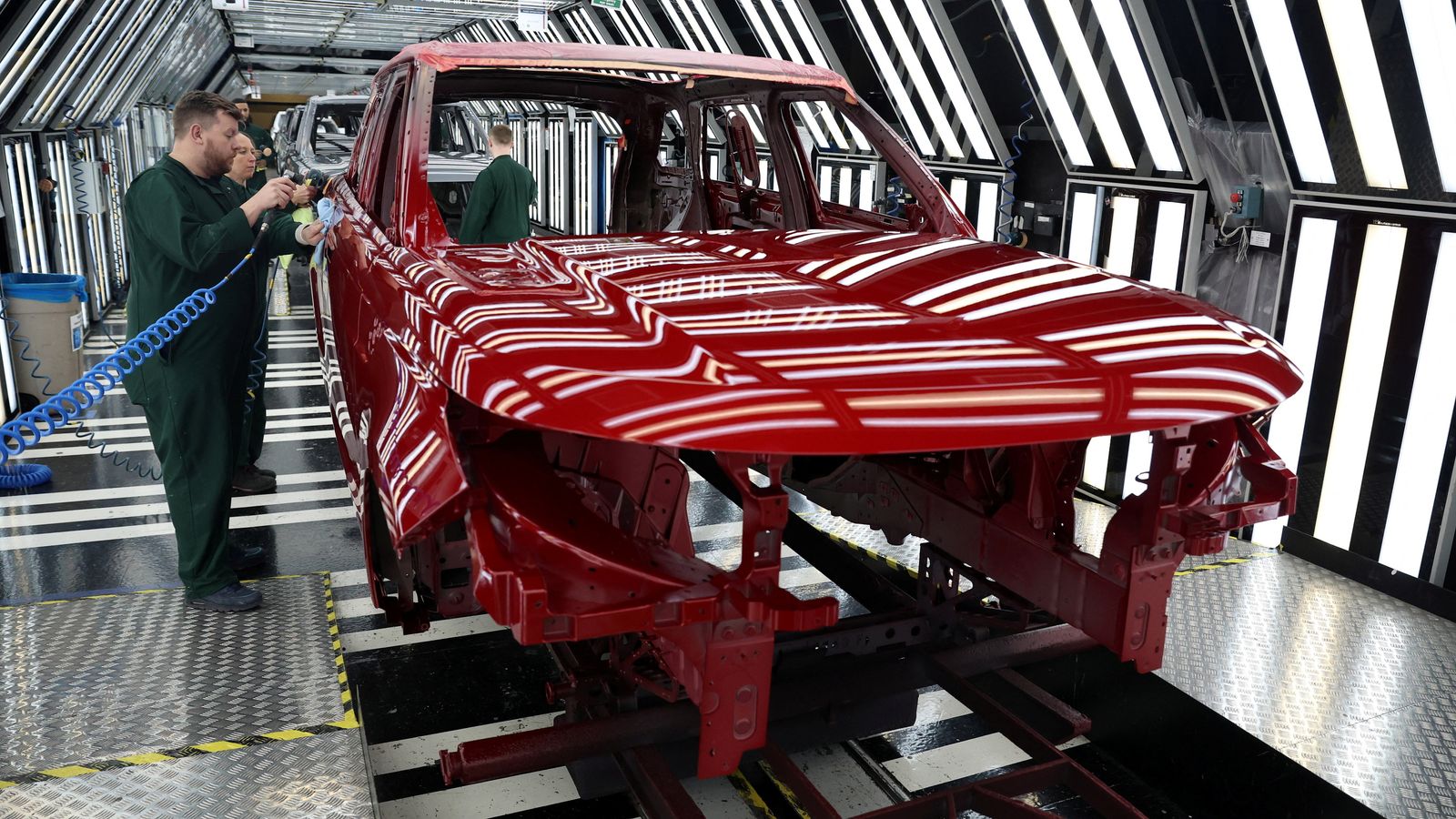Blue Origin launched its 13th human spaceflight mission on June 29, comprising six tourists that reached just beyond the Kármán Line in the company’s latest crewed suborbital flight. The vehicle blasted off at 9:39 a.m. CDT (1439 GMT) from Launch Site One in West Texas. The passengers—Allie and Carl Kuehner, Leland Larson, Freddie Rescigno Jr., Owolabi Salis, and James Sitkin—spent roughly three minutes in microgravity aboard the New Shepard capsule before safely landing under parachutes, cushioned by air thrusters in the West Texas desert.
Carl Kuehner Becomes 750th Human in Space on Blue Origin’s NS-33 Suborbital Flight
As per a mission update from Blue Origin, Carl Kuehner became the 750th human to enter space, as recorded by the Association of Space Explorers. The milestone was determined by his assigned seat on the RSS Kármán Line capsule, which ascended to an altitude of 345,044 feet (105.2 kilometers) above the internationally recognized space boundary. Kuehner also holds the distinction of being Blue Origin’s 70th space traveler, part of a mission officially designated NS-33, marking the 33rd New Shepard flight.
The crew experienced the awe-inspiring sight of Earth’s curvature set against the blackness of space. In addition to the six-member crew — which called itself “The Solstice 33” based on its delayed solstice launch — more than 1,000 postcards from students were also carried up, part of Blue Origin’s “Club for the Future” outreach.
The passengers were drawn from a broad array of professions, among them law, real estate, transportation, and environmental advocacy. Although Blue Origin has yet to release a ticket price for these flights, the mission is another sign of the pick-up in momentum in space tourism and for commercial space travel at suborbital altitudes.
The NS-33 mission also pushed that latter number to 123, for the total number of people who have flown on suborbital flights. Every such launch brings Blue Origin that much closer to its goal of opening space to humans, as well as to showing that its technology is reliable, and that humanity’s thirst for space is unquenchable.







